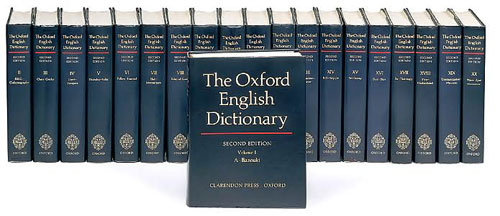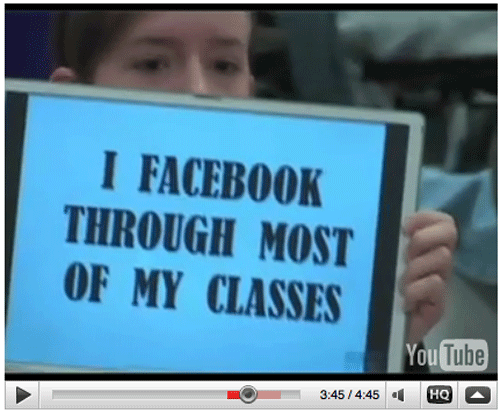In a print portfolio, remediated on a book, the arrangement is singular. In a digital portfolio, remediated on a gallery, the arrangements are plural. And the students invented in each are quite different.
In a print portfolio, the tendency is to tell a single story, one with a single claim and an accumulating body of evidence. In arrangement, a digital portfolio — again, by contrast — is multiple, is defined by links. Because you can link externally as well as internally and because those links are material, you have more contexts you can link to, more strata you can layer, more “you” to invent, more invention to represent. In sum, the potential of arrangement is a function of delivery, and what and how you arrange — which becomes a function of the medium you choose — is who you invent. Moreover, I suspect that as multiple means of delivery become more routinized, we will understand each of the canons differently, and we will understand and be able to map their interrelationships.
— Kathleen Yancey: “Postmodernism, Palimpsest, and Portfolios: Theoretical Issues in the Representation of. Student Work”


 Digication overview:
Digication overview:




